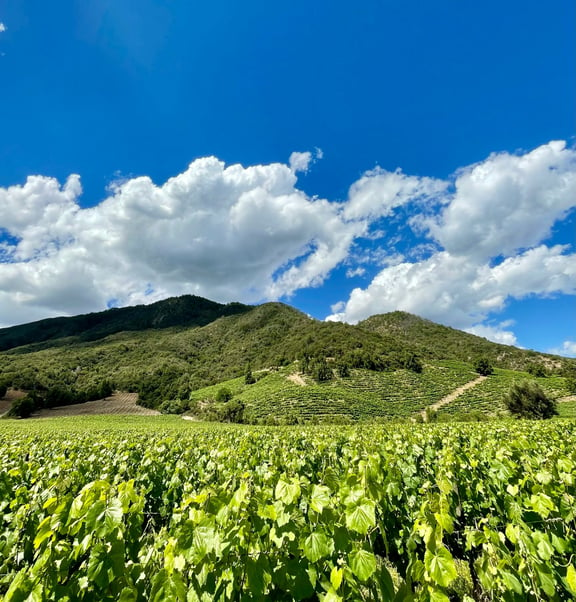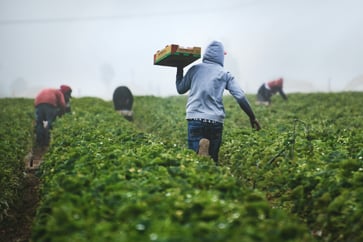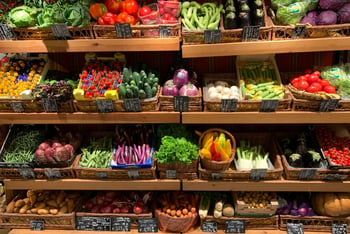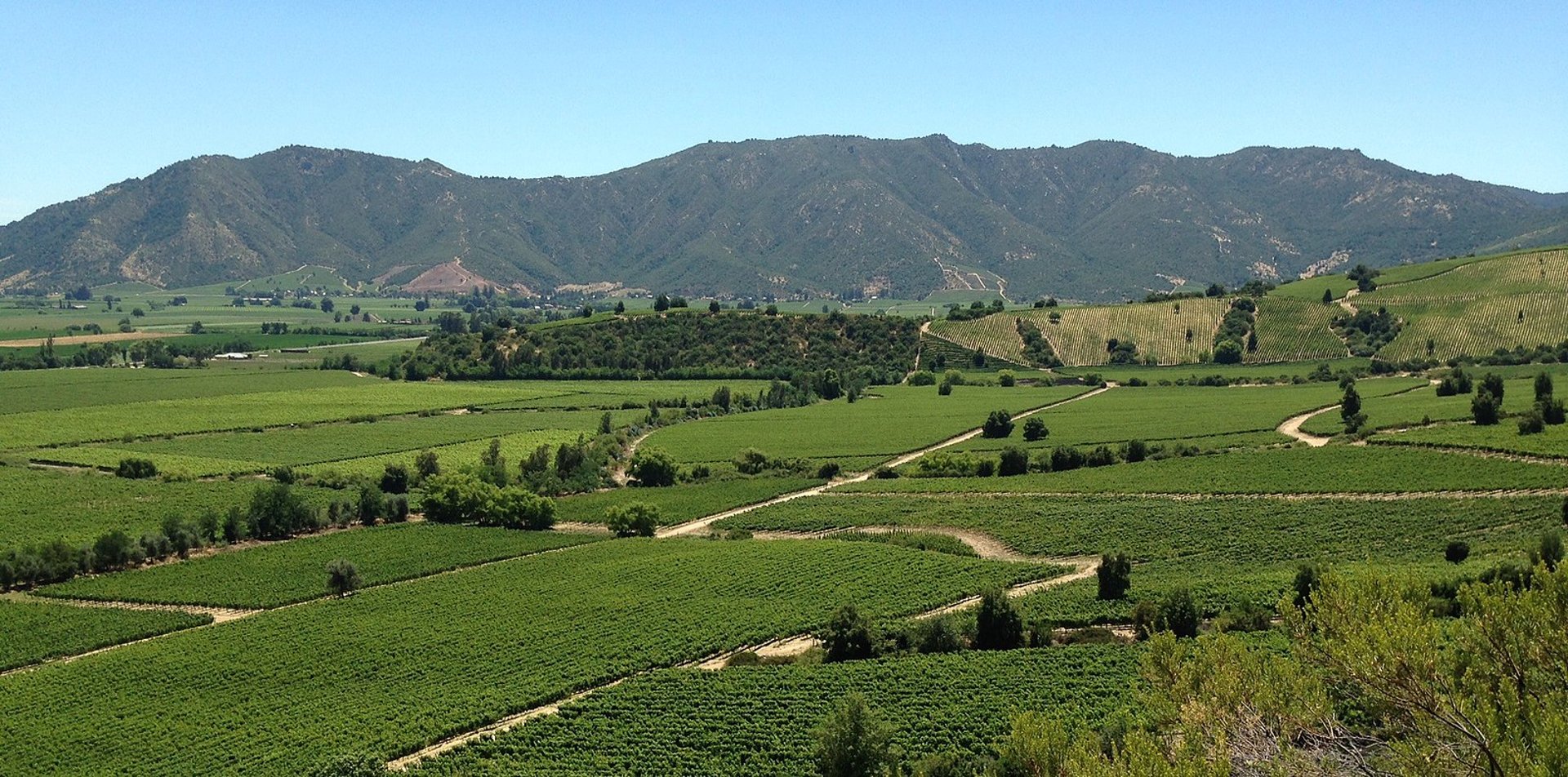Farm to Fork, Future Forward:
Transforming the Food Supply System through Sustainable Solutions




THE CHALLENGE
The Central Valley of Chile, a cornerstone of national food production, hosts almost 75% of Chilean agricultural production between Aconcagua and Bio-Bio. Climate change's impacts are not new; these regions have faced environmental degradation, soil erosion, and water scarcity for years.
To secure a prosperous future for generations to come, a paradigm shift towards sustainability is essential. Business as usual is no longer an option. By embracing innovative solutions and collaborative efforts, the Central Valley can not only endure but also thrive, becoming a model for sustainable agriculture.
Food Valley Chile's mission is to spearhead the transformation of the food system, ensuring food security for Chile and globally. Our goal is to deliver accessible, affordable, healthy, and sustainable food, produced with care for animals and the environment. This ambitious objective is achievable through collaborative efforts to shape the future of food.
We play a pivotal role in bridging ideas and aspirations with practical implementation. There are several initiatives from the regions of Aconcagua and Bio-Bio that can be replicated, upscaled, or brought to the marketplace but require coordination, collaboration, and financing.
Food Valley Chile facilitates access to key stakeholders, financial resources, shared infrastructure, and best practices. The outcome is the development of viable enterprises and the emergence of new, healthy, and sustainable sectors within the food industry
Our Mission
What is the Food Valley Chile transition?
The Food Valley Chile food transition entails a shift towards more sustainable food production and consumption practices. This transition is vital for establishing a fairer and more sustainable food system that prioritizes the health and well-being of both people and the planet.
It involves moving towards diversified and regenerative agriculture, promoting healthy and sustainable diets that are accessible and affordable to all. Additionally, it aims to ensure sustainable competitiveness to position Chilean products in the most demanding global markets.
The objective of the Food Valley Chile food transition is to cultivate a resilient food system capable of providing healthy and nutritious food to people while preserving the ecological and social systems that underpin it. It also acknowledges that productivity, transparency, and quality must remain guiding principles.







